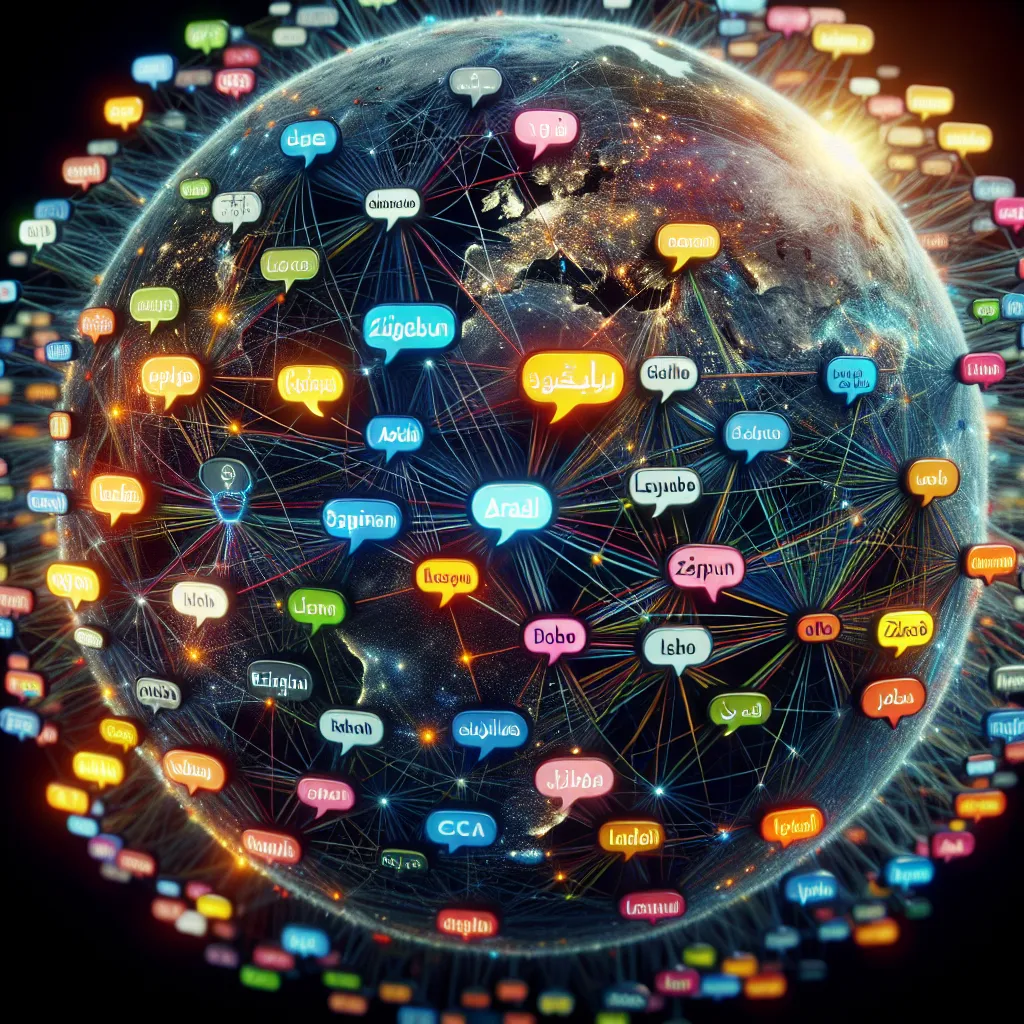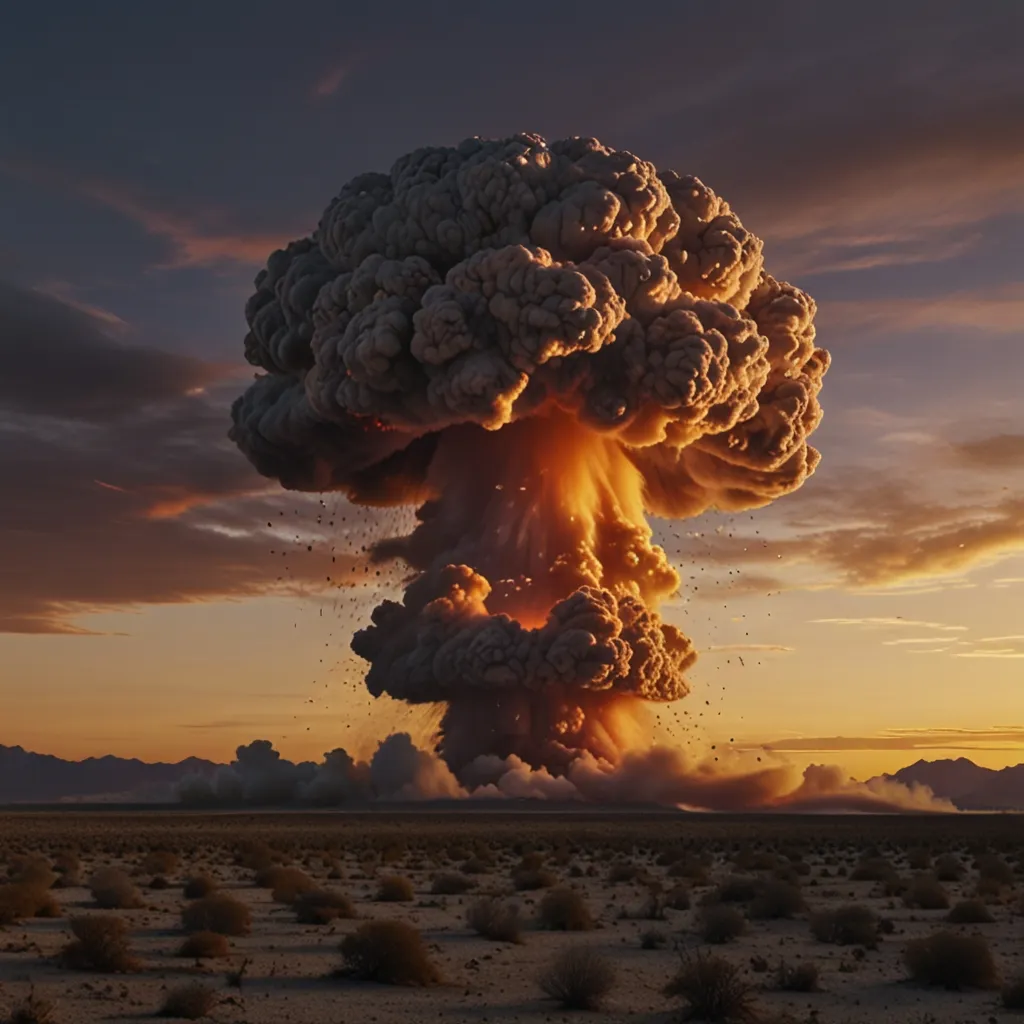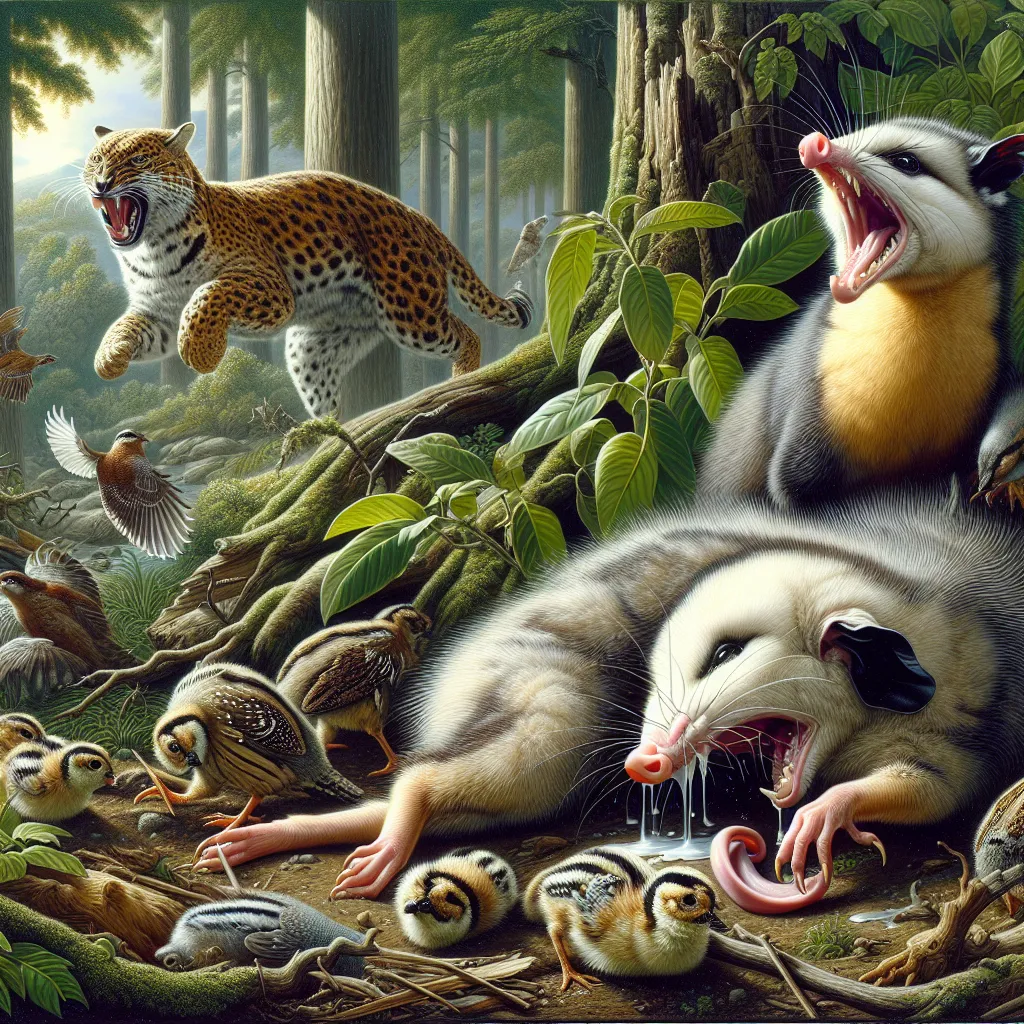Language is a fascinating thing. In Bremen, Germany, and Interlaken, Switzerland, you’ll find distinct ways of speaking that are technically dialects of German. Yet, someone from Bremen might find it nearly impossible to understand the conversations in the Swiss Alps. Astoundingly, this isn’t just a Germanic phenomenon. Take Mandarin and Cantonese in China. Though often called dialects, they’re as different as Spanish and Italian. Meanwhile, Danish, Norwegian, and Swedish speakers have no trouble chatting in their native tongues despite being officially recognized as distinct languages.
But how do we draw the fine line between a dialect and a language? You’d think mutual understanding would be the indicator. It turns out, that’s hardly the case. More often than not, it’s politics that decide what classifies as a language. This concept dates back to the 1500s when European nation-states started to form. These new governments needed to promote a standardized way of speaking. Typically, the dialect spoken in the capital city became the “official” language, often sidelining other forms of speech as inferior.
Take Italy, for example. It boasts at least 15 regional dialects, but when Italy unified in 1861, the Florentine dialect was chosen as Standard Italian. Not coincidentally, literary giants like Dante and Machiavelli wrote in this dialect, imbuing it with a certain prestige. Fast forward to Mussolini’s era, and this drive for linguistic unity became even more rigid. His regime pushed Standard Italian, marking other dialects as backward.
Language plays a pivotal role in power dynamics across the globe. A 1999 study showed that American landlords were more likely to reject inquiries made in African-American Vernacular English (AAVE) but responded positively to so-called Standard American English. Both are English dialects, yet AAVE is often unfairly stigmatized. But AAVE follows structured grammatical rules just like any other linguistic variety.
Linguists increasingly eschew the term “dialect.” They prefer calling them “varieties” instead. This way, languages like English encompass a multitude of varieties—Standard British, American English, AAVE, Nigerian English, Malaysian English, and so forth. Each variety has its unique history and defining characteristics. Most importantly, these forms of speech often blur and overlap, eluding any rigid classification.
So, the next time you marvel at someone’s way of speaking, remember: human language is a beautiful, dynamic tapestry that defies tidy categorization.






